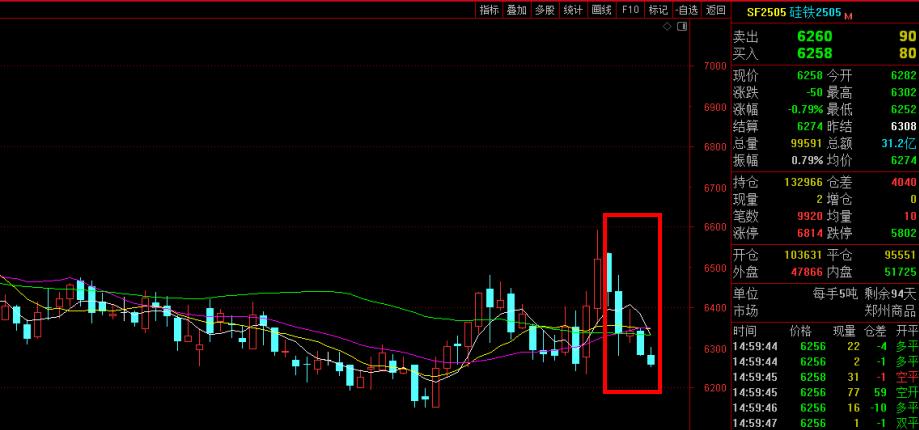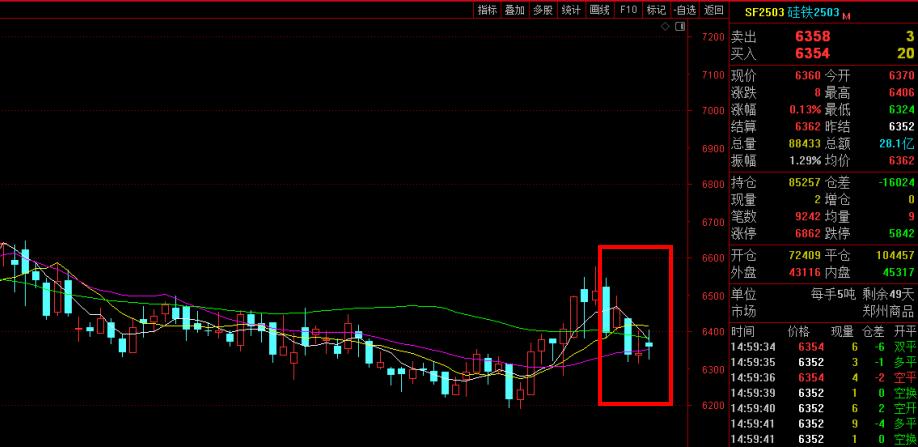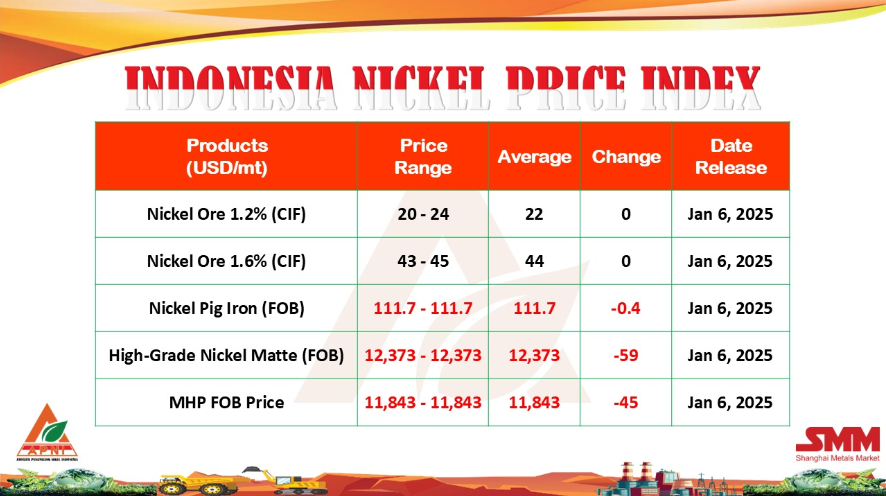[ferro-alloys.com] The Trump administration has asked the US Supreme Court to reject a legal challenge to the Section 232 tariffs on steel and aluminum filed by the American Institute for International Steel, arguing that the court previously decided the matter and there is no need to revisit its decision, according to a brief filed on behalf of the White House.
Lawyers representing US President Donald Trump's administration argue the court rejected a similar challenge to Section 232 in 1976 in the Federal Energy Administration v. Algonquin case, according to the filing made public Tuesday. In the Algonquin case, the court held that "Section 232 sets forth an intelligible principle to guide the President's adjustment of imports and therefore is constitutional," the brief states. "Algonquin was correctly decided, and it is consistent with this Court's more recent nondelegation precedents."
The AIIS took its legal challenge to end the Section 232 tariffs on steel and aluminum to the Supreme Court in April following a March ruling by a US Court of International Trade (CIT) panel which said it was bound by the 1970s-era Algonquin case decided by the high court. The AIIS first filed its lawsuit challenging the constitutionality of the tariffs with the CIT in June 2018.
While he did not issue a dissent, CIT Judge Gary Katzman filed an opinion dubitante, suggesting that the laws governing Section 232 may need to be revisited, stating: "If the delegation permitted by Section 232, as now revealed, does not constitute excessive delegation in violation of the constitution, what would?"
While the typical course for appeal would take the case to the Court of Appeals for the Federal Circuit, the AIIS Supreme Court petition looks to bypass this step, as the second panel of judges in the circuit court would also have to rely on the Algonquin precedent. However, bypassing the lower court should be grounds for dismissal at the Supreme Court, the US government said in its brief.
"In any event, certiorari before judgment is an exceptional procedure, and petitioners identify no sound reason for this Court to deviate from its usual practice of deferring any review until after the court of appeals has issued its decision," the filing states. "The petition therefore should be denied."
The government also argued that despite the flexibility the president has under Section 232 to impose tariffs, the standards under the trade law "are more specific than some of the standards that this Court has sustained in the domestic context."
Additionally, the courts have repeatedly given the executive branch broad authority in making policy decisions related to national security, the government said.
"The line between a permissible grant of discretion to the executive and an impermissible delegation of legislative power 'must be fixed according to common sense and the inherent necessities of the governmental coordination,'" the brief states. "If there is any area in which common sense and the inherent necessities of governmental coordination support a grant of discretion to the President, it is the area in which Section 232 operates: 'national security.'"
Trump used Section 232 of the Trade Expansion Act of 1962 when he applied an import tariff of 25% on steel and 10% on aluminum in March 2018.
(S&P Global Platts)
- [Editor:王可]



 Save
Save Print
Print Daily News
Daily News Research
Research Magazine
Magazine Company Database
Company Database Customized Database
Customized Database Conferences
Conferences Advertisement
Advertisement Trade
Trade














 Online inquiry
Online inquiry Contact
Contact

Tell Us What You Think